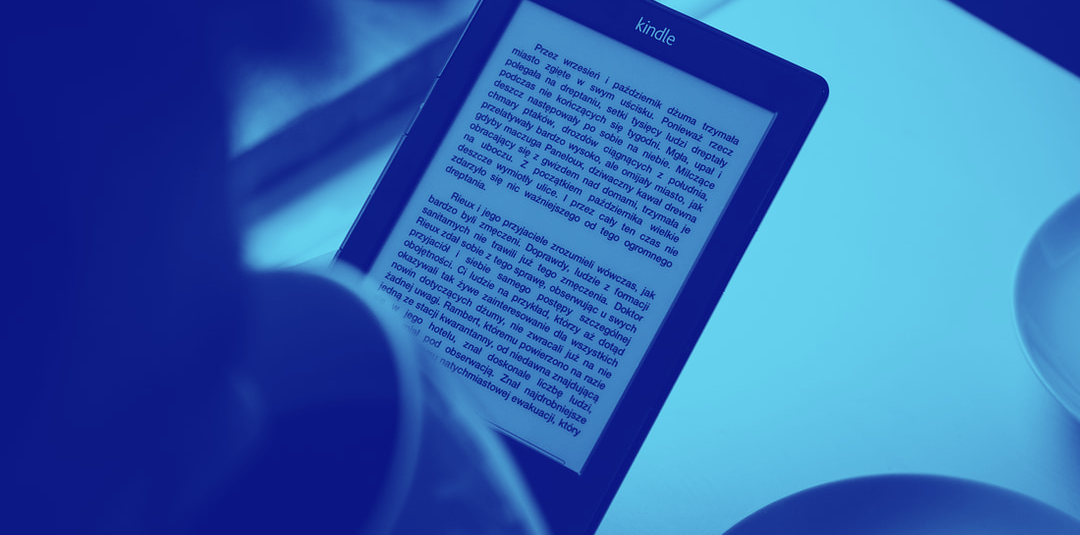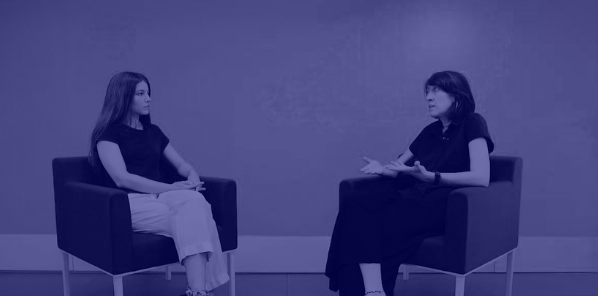About the UOC's ebooks
Publishers, from A to Z
If you are about to read a book...
Search the alphabetical list for the publisher's name. We'll provide user manuals that explain what the UOC's course books and Library books are like, and how to access them.
A-D
Ebooks in detail (FAQs)
When is a book considered accessible?
An ebook is accessible if it can be used by anyone without difficulty. It must therefore adapt to readers' different needs and meet various requirements for people with a disability. These include, among others:
- A read-aloud feature supported by either screen-reading software or an included audio player.
- Display customization options, such as the ability to change text size or adjust contrast.
What does it mean if a book is downloadable?
It means that you can save a copy of all or part of the book on your own computer or reading device so you can read it offline.
Download options vary – from less to more restrictive – from publisher to publisher.
Some books can be downloaded in a format such as PDF or EPUB, but others can only be downloaded in a DRM-protected format without the option to print it.
What formats can UOC ebooks be downloaded in?
The most common book download formats are:
- PDF (.pdf): this provides the most faithful reflection of what the printed book looks like. Files can be opened with a number of free applications, which are available for most devices.
- EPUB (.epub): this is currently the universal standard for ebooks and is also compatible with a number of free applications that are available for most devices.
- DRM-protected formats: books in this format can only be opened using a specific free application or software, such as Adobe Digital Editions.
Some books can only be read online. For further information, go to the section "Publishers that allow you to read..."
What does DRM mean?
The abbreviation DRM stands for Digital Rights Management. It is a digital rights management system that seeks to protect the intellectual property of authors and publishers.
Under this system, unauthorized copying and sharing of contents is restricted.
How can I read an ebook?
Most books can be read online from your own browser and downloaded for reading offline.
Some publishers only allow their books to be read online, and others only provide the download option.
Check each publisher's specific terms in the "Publishers that allow you to read..." section.
What is the best device for reading UOC ebooks?
The best option is a desktop or laptop computer. All available ebooks can be read on Windows computers and Macs.
Likewise, most of them can also be read from mobile devices.
What is the difference between a publisher and a platform?
The publisher of a paper book or ebook is the organization that publishes and sells it.
A digital platform is an online environment with books and educational materials that allows users to access and read their contents.
Why can I no longer read a book that I could previously access?
This can be due to a variety of reasons:
- The book in question was part of a collection being trialled at the Library that could only be accessed temporarily and is no longer available.
- The book is a learning resource for a particular course and can only be read in the classroom.
- There may be a technical issue. Contact the Library Replies service.
Will I be able to read the book whenever I want?
This will vary based on the book in question. Depending on its publisher, users may be allowed to read it either:
- Indefinitely: the whole book can be downloaded and read whenever you want; or
- Temporarily: the book can only be accessed for a specific amount of time.
For each particular case, check the publisher's information in "Publishers that allow you to read..."
Can I read the books without an eReader?
Yes, they can all be read on a computer. Most of them can also be viewed on mobile devices.
I have an eReader. Will I be able to read the books?
This depends on the book and the model of your device. If you contact us, we'll be able to help.
In figures
- 5 M
ebook downloads (complete books and individual chapters)
- 398.925
ebooks available in the Library
- 15.391
licences used during the past academic year
- 39
publishers we work with
- 90 %
of the Library's collection is digital






